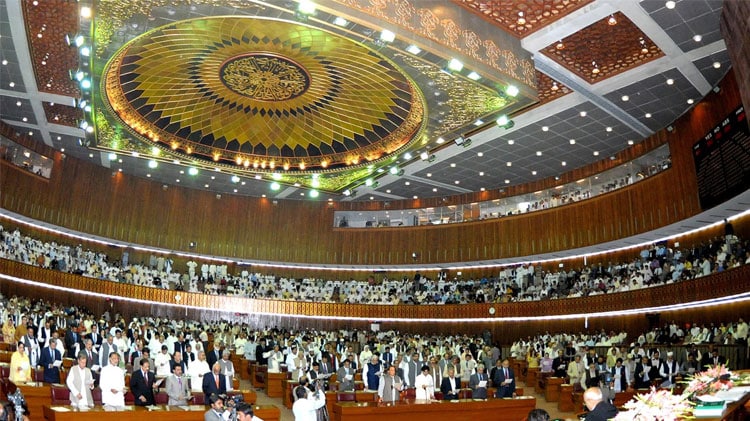Pakistan government is mulling over a decision to withdraw the special tax regime offered to the banking sector. Sources suggest that the upcoming budget will eliminate the tax regime and help in drawing an additional Rs. 40 billion to Rs 45 billion from the sector from next fiscal year.
The proposal was put forth by the Federal Board of Revenue (FBR) as a ‘big initiative’ for the next financial year. The 2017-18 fiscal year will start from July onwards and the tax authorities want to remove Schedule Seven from the Income Tax Ordinance 2001. All banking companies are governed under the aforementioned ordinance.
The proposal will be assessed by the Prime Minister himself due to the possible implications for the banking industry and the subsequent pressure on the government. If accepted, the proposal will be included in the Finance Bill 2017. However, if the regime is not withdrawn, FBR will try to cut back on some benefits the banks were previously enjoying.
Seventh Schedule Special Tax Regime
Back in 2007, the government introduced a special regime where the banks’ income, profits and gains were computed in accordance with the Seventh Schedule of the governing ordinance.
Thanks to the regime, banks received gains on depreciation, amortization, initial allowance, provisioning of advances against bad debts and group relief. This relief is estimated to be around Rs. 40 billion to Rs. 45 billion.
The regime allows the banks provisioning of 1 percent of the total advances, which helps them reduce taxes. Banks are also allowed to adjust loss on sale of shares of listed companies which have been disposed off within one year of acquisition. Foreign banks are allowed to deduct head office expenditure from their statements.
Provisions related to group relief (contained in 59B of tax ordinance) is also available to banking companies. Holding and subsidiary companies, owned completely by banking corporations, can opt to be taxed as one fiscal unit according to the regime.
Other Suggestions
Tax Reforms Commission has also proposed to change the Seventh Schedule by inserting a provision requiring banks to share the information of taxpayers with the FBR such that the bureau can access the name of taxpayer, NTN, CNIC no, amount on which tax is deducted and amount of tax.
Even though banks are already bound by Section 165A to share such information, they refuse to do so. SBP also supports the banks even though their reluctance is not in line with international practices.
Effects of the Proposal
The government has never considered removing the regime until now. Even when IMF was pressurising Pakistan to withdraw concessionary sales tax regimes, the government refrained from altering this scheme.
Industry will face issues if the proposal is approved as profits will take a hit. Stock prices of commercial banks are already down. HBL, MCB and UBL have seen their share prices drop by 1.8%, 1.4% and 0.3% respectively.
Some experts are of the view that banks are already highly regulated by the SBP and over-taxation might hurt the banking sector like it did with the telecom industry. Others suggest that banks have fattened over the years at the expense of their clients.

























